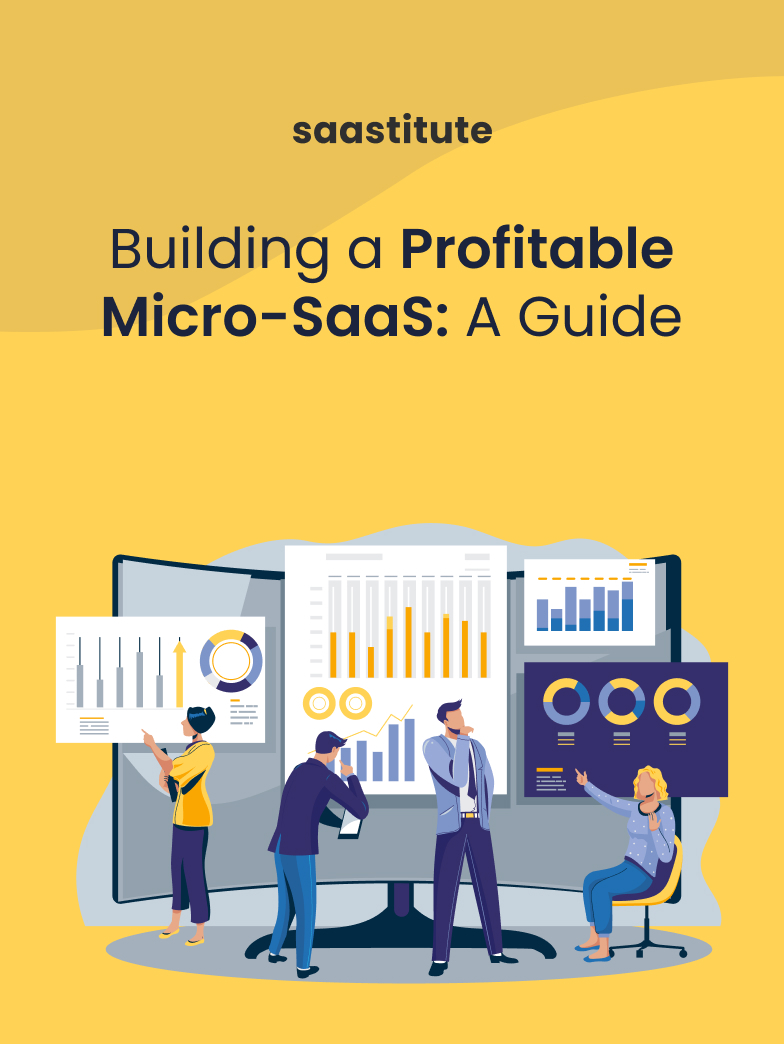The Top Government Schemes for Startup Funding
With several schemes, initiatives, and programs in place to provide incentives for business development, the Indian government has launched a few schemes to help startups get the funding they need. Here's a lowdown on the different schemes.

Let’s admit it: Startup funding comes with its own tinges of uncertainties. You have to deal with lots of legal formalities and paperwork. You have to consider the funding aspects like bootstrapping and other financing options for your startup.
This is where the government of India comes in. It offers a number of startup funding opportunities with several small and medium business grants, loans, and subsidies. While the Indian government has made several mechanisms available to assist businesses, not everyone knows about these initiatives. Let’s dive deeper.
The Indian government has been providing considerable support and funding to startups that are looking to develop, expand or start new operations. This support is available in the form of financial assistance and tax benefits through a number of schemes aimed at supporting entrepreneurial efforts and creating employment opportunities.
Here's the lowdown on these schemes to help startups in India find the funding they need to get growing:
ATAL Innovation Mission (AIM)

The government of India established the Atal Innovation Mission in 2015 to promote innovation development and research in India. The government allocated AIM around ₹150 crores in 2015.
The Department of Science and Technology undertakes AIM, with startup funding allocations made by the Government of India. The objective is to provide a platform for interaction between Academia, Industries, and Government to create synergies and provide financial support in order to commercialize their ideas.
Pradhan Mantri Mudra Yojana (PMMY)

Launched in April 2015, the Pradhan Mantri Mudra Yojana is a startup funding scheme aimed at easing access to credit for micro and small enterprises in India. The PMMY is an initiative of the Government to support and finance entrepreneurial ventures which have the potential to create employment and increase incomes for more Indians.
PMMY provides affordable finance to enterprises to help them start, escalate and grow their business activities. These loans are categorized into Shishu, Kishore and Tarun for different sections of borrowers and for different types of businesses:
1. Shishu - Covering loans up to ₹50,000.
2. Kishore - Covering loans above ₹50,000 and up to 5 lakh.
3. Tarun - Covering loans above 5 lakh and up to 10 lakh.
Startup India Seed Fund (SISF)

SISF aims at providing financial assistance to startups for proof of concept, prototype development, product trials, market-entry, and commercialization. The government has proposed that this scheme will be the government's contribution to the development of entrepreneurship in India.
This will make it easier for new startups to compete with giant companies in India and create an ideal ecosystem for new businesses and investments. This will ensure that start-ups face no difficulty in establishing their enterprise, thereby positively impacting the employment scenario across the country.
As per the Union Budget of 2022, the reserved fund for the Startup India Seed Fund initiative is Rs 283.5 crore, which is higher than the revised estimate of around Rs 100 crore for the year 2021-22.
Venture Capital Assistance (VCA)

Small Farmer’s Agri-Business Consortium (SFAC) launched the Venture Capital Assistance (VCA) scheme that provides an interest-free loan to qualifying projects to meet the shortfall in the capital requirement for projects that have the potential of becoming successful ventures.
The scheme is now well recognized nationally and internationally as a pioneering financial assistance measure for small industries in India. VCA promotes the training and nurturing of entrepreneurs.
Credit Guarantee Trust Fund for Micro and Small Enterprises (CGT-MSE)

The Credit Guarantee Trust Fund for Micro and Small Enterprises (CGT-MSE) is one of India’s largest startup funding schemes. This scheme was set up to provide business loans to micro-level businesses, small-scale businesses, and startups with no security.
Under this scheme, the eligible MSEs can obtain a maximum amount of up to Rs. 1 crore through the Ministry of MSME and Small Industries Development Bank of India (SIDBI). Primarily meant for manufacturing units, this loan can be availed in the form of working capital or a term loan.
Credit Linked Capital Subsidy (CLCS)

The Indian Government started the Credit Linked Capital Subsidy Scheme (CLCS) to help upgrade technology and productivity among MSMEs and make them more globally competitive.
Under the CLCS scheme, upfront cash support is provided to the small-scale industries for the purchase of new plant/equipment on a self-conducive basis or for hiring services of consultants to upgrade technology or improve the productivity of the plant.
New Generation Innovation & Entrepreneurship Development

To support and promote the spirit of entrepreneurship among the youth in our country, the government of India launched the New Generation Innovation and Entrepreneurship Development Scheme scheme.
This scheme seeks to breathe a new life into the economy, creating jobs, wealth, and considerable economic activity in the country. The idea behind this scheme is to resolve many of the challenges which are faced at the initial stages of a start-up.
Multiplier Grants Scheme (MGS)

Multiplier Grant Scheme (MGS) aims to promote collaborative research and development between industry and academia. Under this scheme, if the industry supports the research and development of products that can be commercialized at the institutional level, the government shall provide financial support which will be up to twice the amount provided by the industry.
The financial support under the scheme is limited to a maximum of ₹2 crores per project and the duration of each project could considerably be less than 2 years.
Conclusion
The Indian Startup funding ecosystem has been developing in leaps and bounds. With a large number of startup initiatives being taken up by the Government and private sectors, it is important for startups to leverage these funds and grow their businesses in order to compete globally.
These schemes are no doubt a great way to get money for your project, but it’s important to do your homework before applying. These applications can be daunting and often have a lot of hoops to jump through; however, by preparing ahead of time, you are ensuring that you have time to gather the documentation necessary and avoid any last-minute stress.
Read next: The Basics of Crowdfunding for Your SaaS Startup














.svg)


